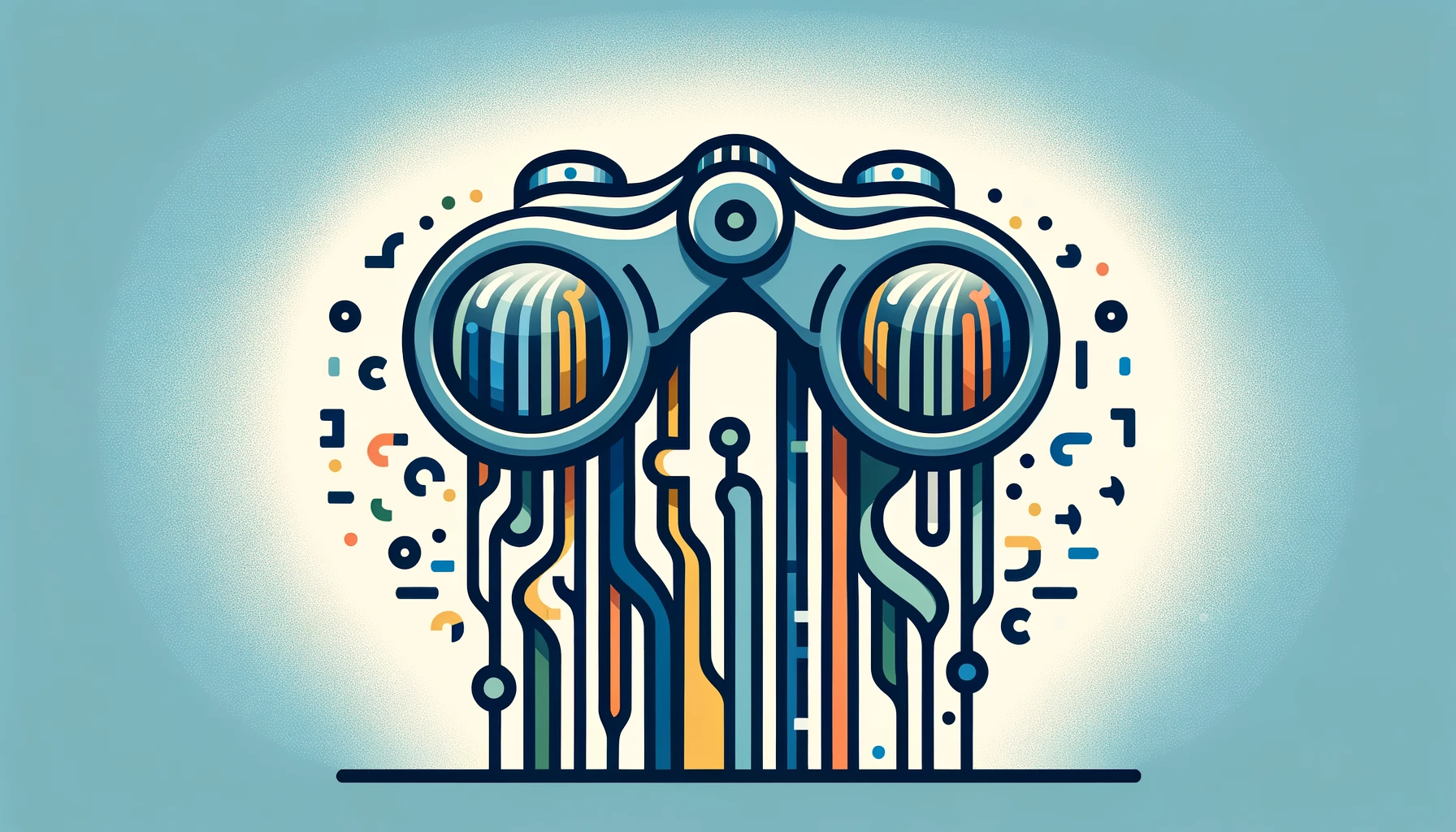Maximilian Schreiner
Max is the managing editor of THE DECODER, bringing his background in philosophy to explore questions of consciousness and whether machines truly think or just pretend to.
Read full article about: ChatGPT, Luminous or Baichuan 2? How to keep track of all those language models
"A Survey of Large Language Models" offers exactly what its name promises: a comprehensive overview of all available open and closed large language models. In addition to facts about training data, used computational resources, used base models, and used methods, the paper offers a detailed explanation of all aspects of large language models. On more than 120 pages, the paper provides a comprehensive overview with a lot of further information on AI training methods, data selection, or prompt engineering. The paper is regularly updated by the participating researchers.








